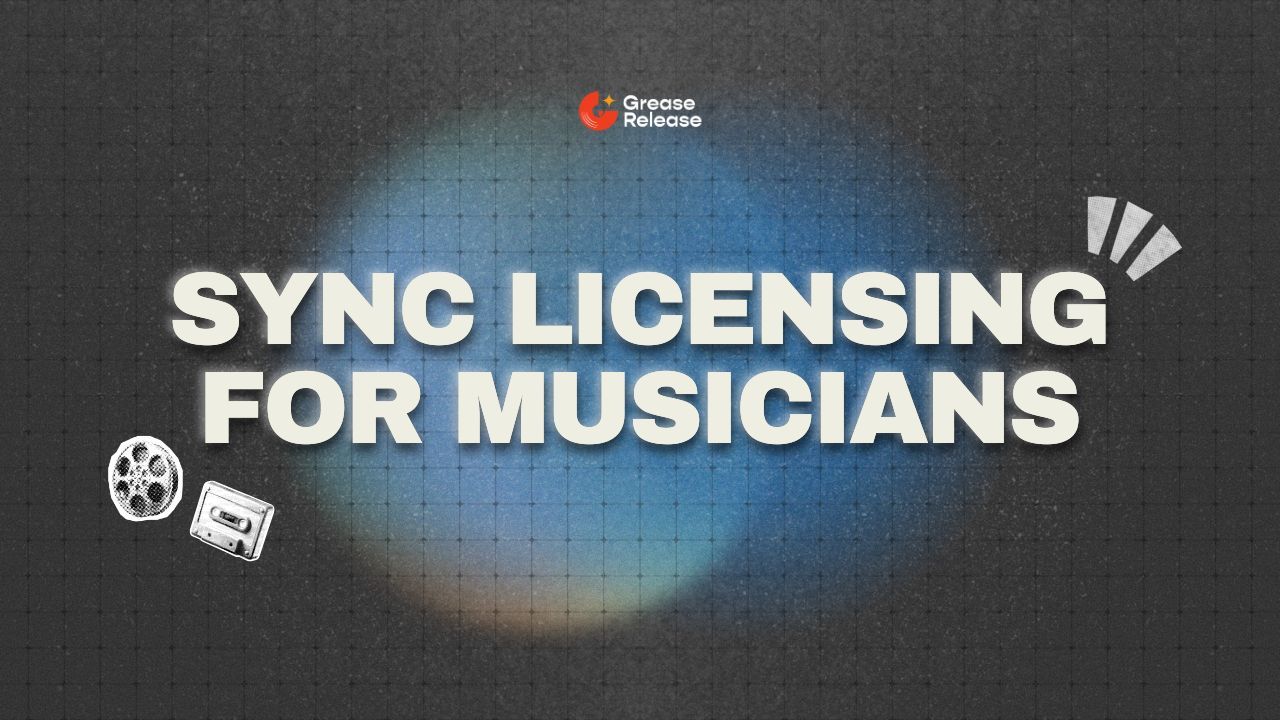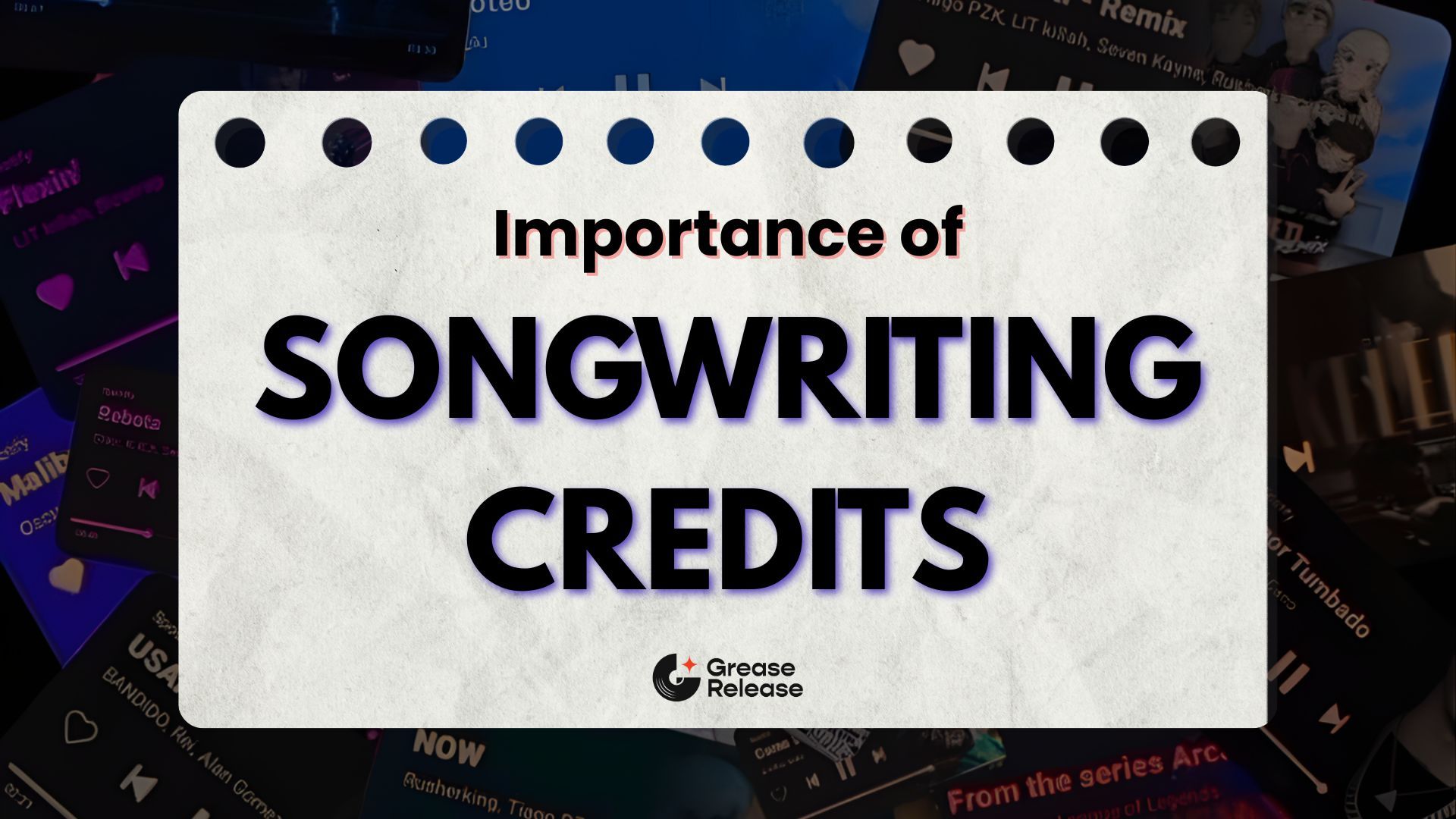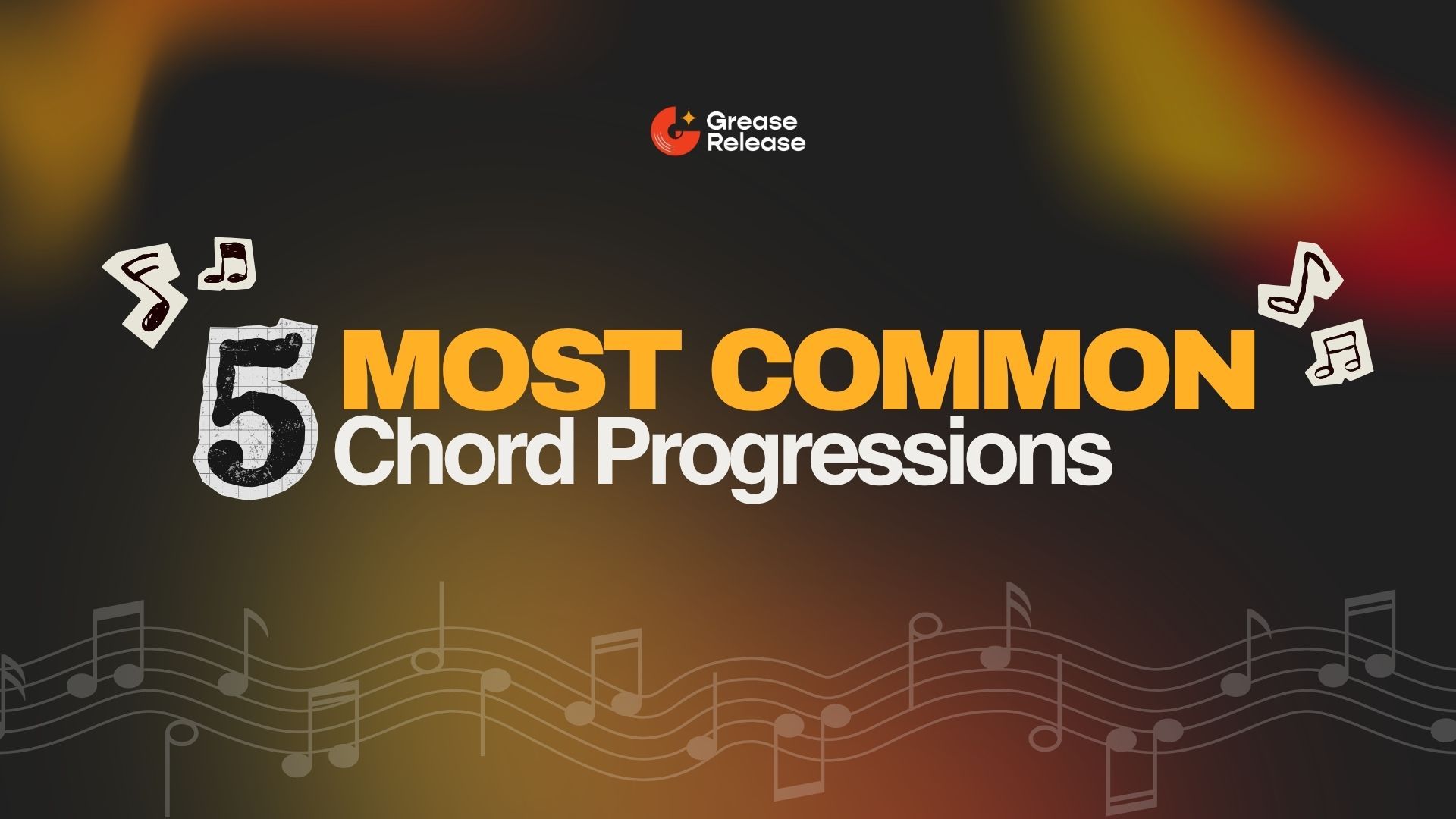
5 Music Production Tips for Beginners
Aug 14, 2024Music Production 101 For Beginners
So, you've just dipped your toes into the world of music production, and it's like opening a door to a whole new universe of sounds and possibilities. But let’s be real: navigating this space can be a bit like trying to find your way in a labyrinth without a map. No worries, though!
Here are five essential tips that will help you steer clear of common pitfalls and make your journey smoother. Let’s dive in:
Get Cozy with your DAW
Your Digital Audio Workstation (DAW) is the centerpiece of your music production setup. Whether you’re using Ableton Live, FL Studio, Logic Pro, or another DAW, getting comfortable with its interface and features is crucial. Think of your DAW as the canvas on which you'll create your sonic masterpieces.
Tip in Action: Dedicate a little time each day to exploring your DAW’s features. Start with something simple like creating a basic beat or recording a short vocal sample. Play around with different tools and effects. Explore the user manual or watch a quick tutorial video. The more familiar you become with your DAW’s quirks and capabilities, the quicker you’ll be able to turn your musical ideas into reality. And remember, it’s like learning a new language—take it one word (or function) at a time.
Dive into Compression Basics
Compression might sound like a technical term from a sci-fi movie, but it’s actually a super useful tool in music production. It’s all about balancing the dynamics of your track so that everything sits just right in the mix. Proper compression can make your music sound polished and professional.
Tip in Action: Try adding a compressor to a drum loop or vocal track. Start with the settings at default and then tweak them to see how they change the sound. It’s like adjusting the volume on a conversation to make sure everyone is heard clearly without shouting over each other. Practice with different settings—threshold, ratio, attack, and release—to understand their impact. Over time, you’ll develop an ear for when and how much compression your tracks need.

Clear Out the Mud with EQ
A clean mix is a happy mix. EQ (Equalization) helps you carve out space for each element in your track, preventing frequencies from overlapping and creating that dreaded muddy sound.
Tip in Action: Open a project with several tracks and apply an EQ to each one. Use a spectrum analyzer to visualize the frequency ranges. Cut out unnecessary low-end rumble from non-bass elements and ensure each instrument has its own space in the mix. It’s like decluttering a room—clear out the stuff you don’t need to make room for the things that matter. With practice, you’ll start to hear the benefits of a well-balanced mix, where each element shines without stepping on the toes of the others.
Finish your Tracks - No Matter What
One of the trickiest parts of being a beginner is learning how to finish what you start. It’s easy to get stuck in the endless loop of tweaking and perfecting, but completing tracks is crucial for growth and confidence.
Tip in Action: Set realistic goals for each session—like finishing a verse or a chorus. Use a timer to keep track of how long you spend on each task. When you hit a milestone, take a moment to celebrate it, even if it’s not perfect. Think of it as completing a chapter in a book. Each completed track is a step towards becoming a better producer. And remember, perfection is a journey, not a destination. Your finished tracks will become your greatest teachers.

Explore Online Resources Wisely
The internet is a treasure trove of tutorials, forums, and resources for music producers. While it's tempting to consume as much information as possible, it's important to focus on quality over quantity. Finding the right information and applying it effectively is key.
Tip in Action: Choose a couple of trusted sources, like well-reviewed YouTube channels or reputable blogs. Follow their tutorials and try to apply what you learn immediately in your projects. It’s like having a mentor who guides you through the maze. Engage with online communities to ask questions, share your progress, and get feedback. Remember, every bit of advice you receive is a piece of the puzzle, helping you see the bigger picture of music production.
Conclusion
Starting out on your music production journey is exciting and full of opportunities. By mastering your DAW, understanding compression and EQ, focusing on completing tracks, and using online resources wisely, you'll lay a strong foundation for your musical endeavors.
We at GreaseRelease, have a bunch of curators on our network who are looking for new & exciting music to push on their massive playlists. If you make music and want to reach a wider audience, check out our submission platform and get a chance to reach millions of listeners! Submit your tracks now!
Studies show that 80% of musicians constantly feel overwhelmed and we want to take that load off by helping you stay organized that's why, my team and I created the ProdPro 2.0 The ProdPro 2.0 is the ultimate organization tool built by and for musicians. Click here to learn more.
Don't miss my newsletter!
Join me on a music entrepreneurship journey with new tips and tricks delivered straight to your inbox.
We hate SPAM. We will never sell your information, for any reason.




